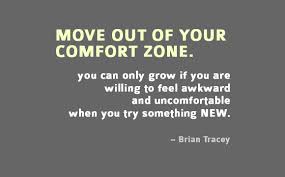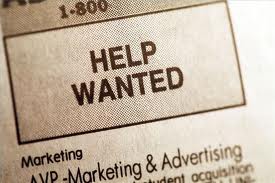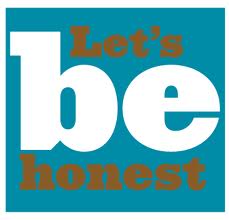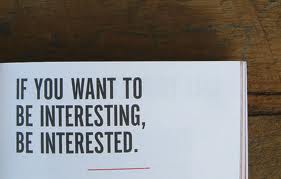 It is mid-year — time to review where you are, update your résumé and plan your career strategy for 2014.
It is mid-year — time to review where you are, update your résumé and plan your career strategy for 2014.
Does your résumé share YOU and what makes YOU unique? What should change? Ask the tough questions as you review, edit or craft your branded résumé.
Performing a mid-year check of all your personal marketing tools, including social media profiles (LinkedIn) and your elevator pitch, is important in maintaining an up-t0-date brand and career focus.
Here are three tips to guide you:
- Use your words. Your words are the best words to describe your work and what others experience when working with you. Repeating the words in a job description will tell someone you can read, yet it won’t help you stand out or create a competitive advantage. You will sound like every other candidate.
- Tell about your experience in short stories. Share your current experience. Write down your accomplishments and results in the last six months. Draft your short specific stories and be sure to include how you work. Your stories will help you communicate to your boss, the CEO or a hiring manager how you work, the results you achieve and will provide evidence that you can solve the problems the manager, team or business faces. Remember, a hiring manager wants to know you can do the job, how you will do the job and what the results will be.
- Express why you do the work you do. What is it about this work that excites you? What is it that drives you, interests you and makes you want to jump up each day and engage in the work? Are you the architect who loves to create beautiful buildings? Sharing why your work matters is important – what is the emotional connection for you?
It is time to stand out, share what makes YOU unique and leverage your powerful competitive edge.
Additionally, think about who needs an updated copy of your résumé.
Help others keep YOU top of mind and quickly recall what you have to offer your employer, your next employer and the world.









